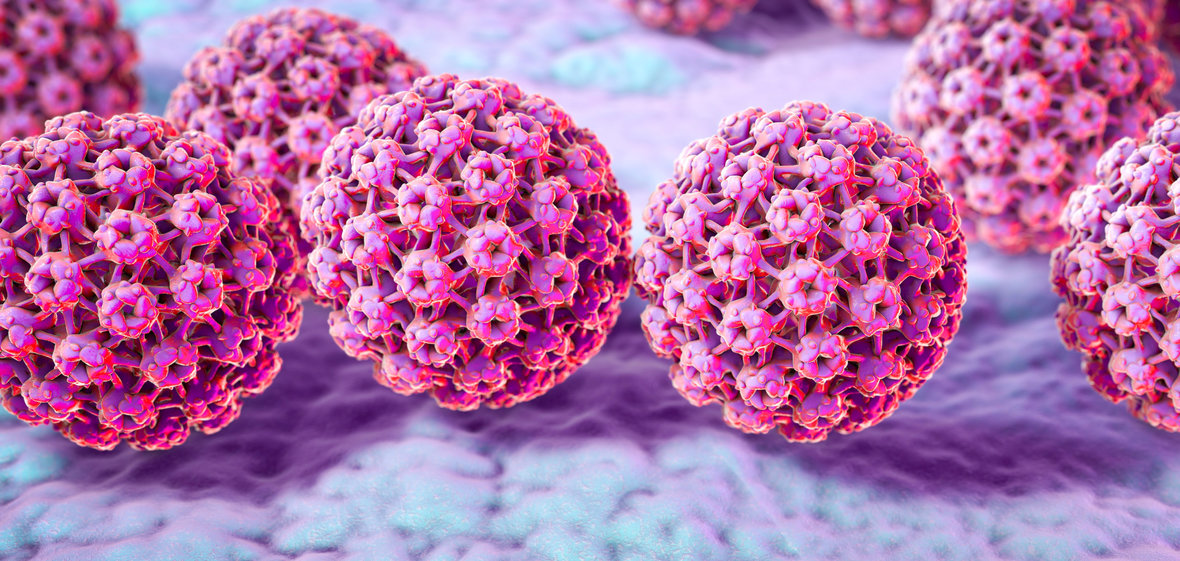There's a lot of misinformation out there about HPV and cervical cancer. Here are five common misconceptions Dr. Neda Etezadi-Amoli, University of Nevada, Reno School of Medicine interim chair of obstetrics and gynecology, encounters with her own patients:
- Myth: You must have sexual intercourse to get HPV.
Fact:Human papillomavirus (HPV) is the most common sexually transmitted infection in the United States and is spread by intimate skin-to-skin contact, not necessarily intercourse. During sex, condoms can help prevent the spread of HPV, but they do not cover all of the genital skin. - Myth: Only women get HPV.
Fact: HPV is common in both men and women. While it's commonly said that men are carriers for HPV, which causes cervical cancer in women, men are also at risk of developing genital warts or other HPV-related cancers, including penile, anal and throat cancer. - Myth: People with HPV have symptoms.
Fact: Most people infected with HPV have no idea and do not develop symptoms. - Myth: HPV can be treated with antibiotics.
Fact: HPV is a virus. While some of the problems caused by HPV can be managed with medication, there is no cure or treatment for the virus. Only the HPV vaccine can help prevent infection. - Myth: HPV causes infertility.
Fact: HPV can complicate pregnancy but does not affect infertility or ability to conceive.
Thousands of women in the U.S. die of cervical cancer each year, even though up to 93 percent of cervical cancer cases could be prevented by regular Pap screenings and HPV vaccinations. Treatment options vary depending on stage and location but could include surgery, chemotherapy and radiation.
Dr. Etezadi-Amoli explains why, in addition to annual screenings, getting vaccinated at a young age is the best option for preventing HPV and cervical cancer:
"Ideally, adolescents should be vaccinated before they are exposed to HPV. This is why the vaccine has age recommendations. Vaccination can be started as early as age nine and is recommended through age 26 in women." Dr. Etezadi-Amoli emphasizes, "This does not mean, however, that a patient cannot receive the vaccine after 26. It depends on each individual's personal history and risk factors."

Dr. Etezadi-Amoli serves as the interim chair of obstetrics and gynecology at the University of Nevada, Reno School of Medicine. The new Reno-based department was established in 2017 thanks to a $1.2 million grant allocated by Nevada Attorney General Adam Paul Laxalt and aims to improve women's health in northern Nevada while providing a rich educational experience for medical students interested in OB/GYN, as well as training for primary care residents and research.













